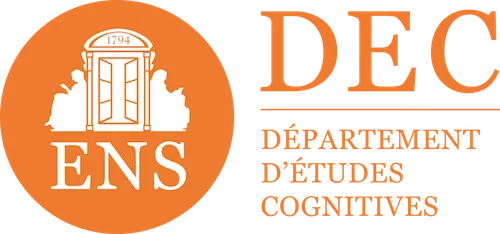

SUEZ Group: feedback on the “Preventing Corruption” training
For several weeks, SUEZ has been deploying the Didask training module “Preventing corruption”.
Wishing to offer an effective training solution that meets in particular the requirements of the Sapin 2 law, the international group has preferred our methodology based on realistic practical cases to strengthen the sensitivity of its employees exposed to detecting risky situations and then to act in an appropriate and compliant manner.
Explanations with Delphine Bernard, Director Group Ethics & Compliance, at the origin of the project.
Delphine, can you explain to us what context this training is in and for what type of population did you set it up?
We wanted to renew our training offer. We already had e-learning modules, but they were a bit outdated. We were looking for more suitable modules, in their pedagogical approach, on the topics of corruption prevention and compliance with competition rules.. This training is aimed at audiences who may be concerned by this type of risk, for example, in charge of the commercial relationship, in contact with customers, partners or suppliers. We wanted to develop an in-depth and specific module. This is not a general “Ethics” module intended for the 90,000 employees of the group.
When you say “thorough and specific”, does that mean that, in your opinion, this module makes it possible to understand the complex situations that could arise?
Yes, that's it. This encourages systematic vigilance. We will never be able to cover all possible scenarios. And risky situations are most often located in gray areas. So I prefer that employees learn to detect warning signals, rather than giving them ready-made answers to learn by heart, which would not correspond to the situations they could really find themselves facing.
Compared to choosing Didask, what was decisive for you?
I like the learning mode based on practical cases, which is very interactive. I find this way of learning more effective and fun than what was offered in the past, with long explanations and only a short quiz as an application.
Other features are also interesting. The possibility to learn and stop at any time. The module remembers the progress and the progress : it is very practical. The possibility of accessing the module from a smartphone is a real plus. It is essential for populations that are very often on the move!

You have chosen to deploy the same “Preventing Corruption” training module all over the world. How does this happen in a group like SUEZ?
We had a major constraint. The module must be able to be accessible and work anywhere in the world with the employees concerned: in France, but also in Morocco or China for example... With the difficulty of having a pedagogical approach and content that is relevant for the different countries and for the different professions. Indeed, there are different cultural approaches, and our jobs are not carried out in the same way all over the world. This module has the advantage of content that is sufficiently general to adapt to any type of situation and position. Of course, we translated the training into several languages: English, Spanish, German, Chinese...
What are the next steps? How do you see this system evolving?
The deployment will continue over 2 or 3 years. This will depend on the level of exposure of the populations. They need to be sensitized regularly. To do this, I rely on our network of ethics experts: they are the ones who determine in their Business Units the target audiences to be trained. What is important is above all that employees hear the messages often enough to anchor and then recall the reflexes.
Also read our article Corruption: getting back to the source of the error.
Make an appointment directly with our eLearning experts for a demo or simply more information.













